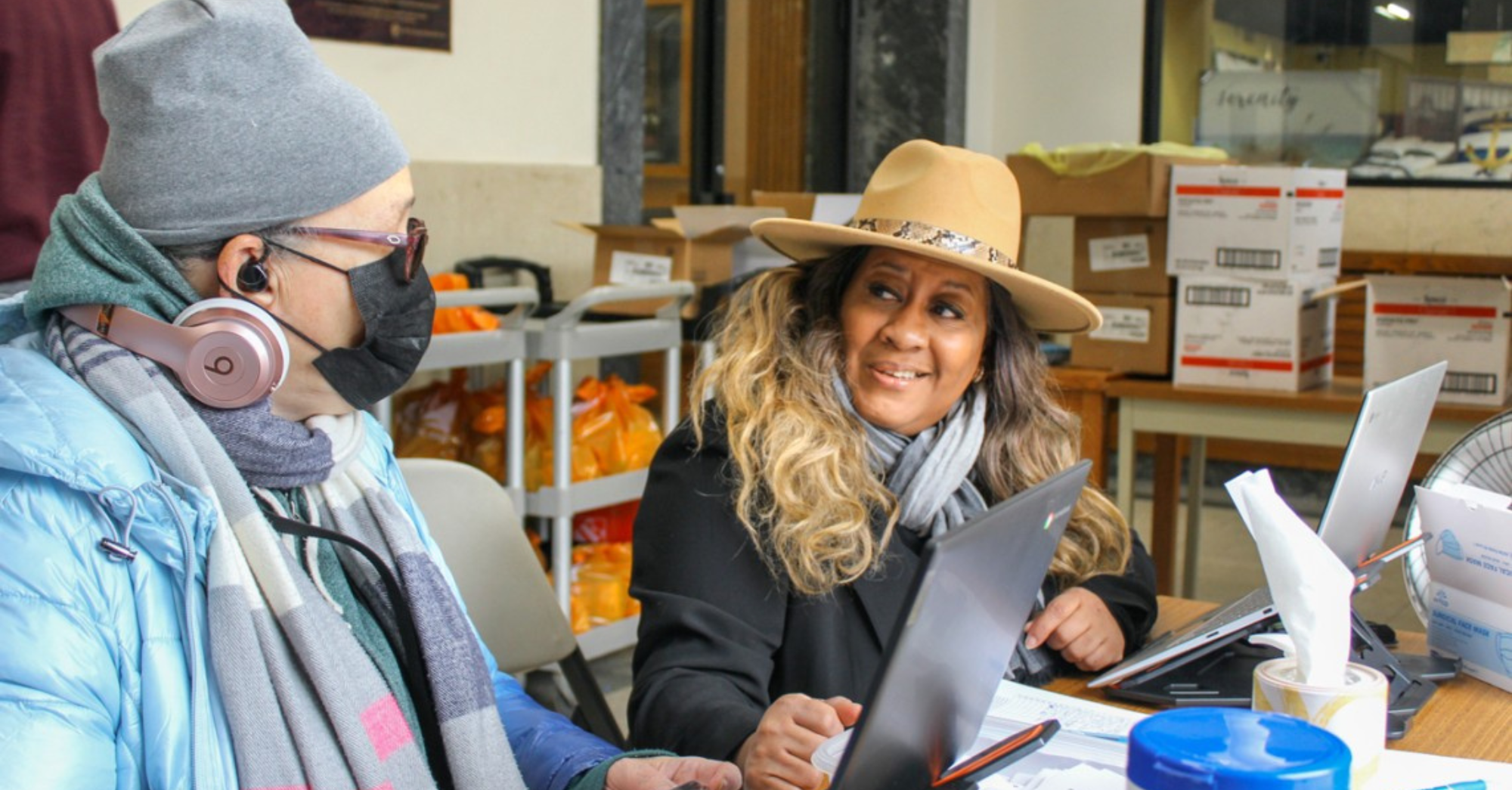 Corporations play a significant role in improving global sustainability through their supply chain, production and management choices. While the careful development of eco-friendly products and services is essential, business leaders must not forget about their customers in the process. Omnichannel strategies can raise awareness of sustainable options and innovations that meet consumers where they are.
Corporations play a significant role in improving global sustainability through their supply chain, production and management choices. While the careful development of eco-friendly products and services is essential, business leaders must not forget about their customers in the process. Omnichannel strategies can raise awareness of sustainable options and innovations that meet consumers where they are.
In the recent webcast, “Omnichannel Meets Sustainability: Strategies for Incorporating Sustainability Into Omnichannel Business Models,” industry leaders joined Dan Hooker, director of Cornell’s Omnichannel Leadership Immersion Program and senior lecturer in the Cornell SC Johnson College of Business, to share four corporate environmental, social and governance (ESG) strategies for achieving sustainable development goals that protect the environment, increase revenue and improve customer loyalty.
1. Adapt to Pandemic-Driven Culture Shifts
The COVID-19 pandemic has led to a shift in consumer behavior, pushing businesses to reevaluate their sustainability practices. Consumers are shopping more on phones, choosing delivery instead of in-person grocery shopping and making online orders instead of first checking out products in brick-and-mortar locations. The results are increased demand for goods that require packaging and growth in the delivery industry.
In the new homebody economy, businesses will need to get creative in reducing their environmental footprint and adopting better ESG practices.
“Our packaging commitment is to achieve 100% reusable, recyclable or compostable packaging by the end of 2025,” said Janelle Meyers, chief sustainability officer at Kellogg Company. “We have three key approaches: reducing packaging usage across our portfolio by decreasing total packaging weight wherever possible, excluding certain plastic items in packaging materials and redesigning packaging to be more recyclable or compostable, whether it is going into brick-and-mortar stores or if it’s going online.”
2. Gauge Consumer Reluctance
When customers are resistant to eco-friendly alternatives and their higher costs, businesses can increase understanding and adoption of sustainable options through education. Businesses can also emphasize the long-term benefits of environmental action, appealing to consumers’ sense of social and ethical responsibility.
“If you ask our customers if they would value more sustainable recyclable packaging, over 85% would absolutely agree. If you then ask them if they would be willing to pay for it, about 60% would agree,” said Erik Weenink, director of pricing and promotion at Giant Food, an Ahold Delhaize subsidiary. “However, when we give them the choice in the store, less than 20% of our customers will vote with their wallets.”
“At the very individual level, people have to recognize that they’re part of mitigating the impacts of climate change by actually making consumer choices. There’s a lot of opportunity to use the omnichannel approach and meet the person where they are on the educational side of the new innovations out there,” said Devry Vorwerk, founder and CEO of DevryBV Sustainable Strategies.
3. Integrate ESG Practices Companywide – and Industrywide
To genuinely embrace sustainable management, businesses must go beyond communication and escape the perception of greenwashing. ESG practices should be integrated into organizational design, logistics and budgeting.
At Kellogg Company, the sustainability core team is embedded in the supply chain, ethics and compliance organizations, with aligned goals across departments. According to Meyers, the corporation’s custom of a quarterly council enables the coordination of objectives at cross-functional global and regional levels.
Collaboration between various players in the consumer packaged goods (CPG) industry, including retailers and delivery services, is equally important for achieving sustainable development goals. These organizations can create synergies that promote environmentally responsible behaviors. When working with external contractors and vendors, corporations can improve ESG goal compliance through the transparency provided by certifications and demonstrate commitment to sustainability across the entire value chain.
“We can’t do it alone. We want to make sure that we not only say these things and set these goals, but that when we perform and report against them, that it is what we actually do,” Weenink said. “That’s why we work with third parties to provide transparency. It is through partnership that we can achieve that.”
4. Attract Customers with Sustainability Impact Programs
Sustainable practices – and effective communication of their importance – can be a powerful force in attracting eco-conscious consumers. However, corporations can also incentivize customers to choose sustainable options by making them easily accessible, affordable and beneficial. Ahold Delhaize promotes recyclable products as part of its Loop program, in which customers receive reusable containers they can later return for a rebate.
A tangible product is not always necessary to generate the same impact. In partnership with Kennedy Rice, Syngenta and Regrow, Kellogg assists growers in reducing methane production from rice cultivation. Effective marketing of programs like Kellogg’s inGrained initiative can drive consumers to purchase from these brands.
“We hosted over 200 retailtainment events. There was a booth that helps consumers understand the benefits of soil health and how our program is helping improve the soil health in the Louisiana rice program. We’re pretty excited. We just closed that pilot year. We’re looking forward to our second year,” said Meyers.
Corporations can make a significant impact by pursuing ESG efforts that promote responsible consumption and production. In this year’s Omnichannel Leadership Immersion Program at the Cornell Tech campus in New York City, global business leaders will join Cornell faculty experts to discuss best practices for engaging in sustainable development as well as optimizing the customer experience and strengthening operations through technology, data analytics and change management. Apply to participate in the program this June.
Ready to discover the latest sustainability best practices for your business? Learn about Cornell’s certificate programs in sustainable business and corporate sustainability.

 Corporations play a significant role in improving global sustainability through their supply chain, production and management choices. While the careful development of eco-friendly products and services is essential, business leaders must not forget about their customers in the process. Omnichannel strategies can raise awareness of sustainable options and innovations that meet consumers where they are.
Corporations play a significant role in improving global sustainability through their supply chain, production and management choices. While the careful development of eco-friendly products and services is essential, business leaders must not forget about their customers in the process. Omnichannel strategies can raise awareness of sustainable options and innovations that meet consumers where they are.